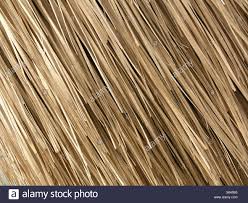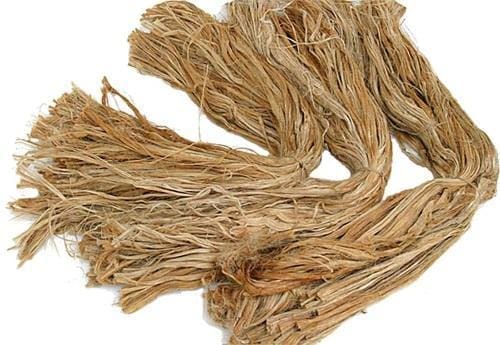The global trade of jute and other textile bast fibres (excluding flax, true hemp and ramie) has shown a moderate fall in 2019. Total trade declined 11.03 per cent from $206.63 million in 2017 to $183.84 million 2019, according to data from TexPro. The total trade of jute and other textile bast fibres declined 7.61 per cent in 2019 over the previous year.
Further, the trade is anticipated to drop to $166.41 million in 2022 with a rate of 9.48 per cent from 2019, according to TexPro.

The global export of jute and other textile bast fibres was $37.84 million in 2017, which increased 26.49 per cent to $47.86 million in 2019. Total exports grew 9.56 per cent in 2019 over the previous year and is expected to rise $68.09 million in 2022 with a rate of 42.26 per cent from 2019.
The global import value of jute and other textile bast fibres was $168.79 million in 2017, which decreased 19.44 per cent to $135.98 million in 2019. Total imports fell 12.44 per cent in 2019 over the previous year and is expected to come down to $98.32 million in 2022 with a rate of 27.69 per cent from 2019.
India ($15.91 million), Kenya ($14.19 million), Belgium ($5.06 million) and Ireland ($3.30 million) were the key exporters of jute and other textile bast fibres across the globe in 2019, together comprising 80.37 per cent of total export. These were followed by the US ($1.77 million), South Korea ($1.04 million) and Vietnam ($1.03 million).
From 2016 to 2019, the most notable rate of growth in terms of export value, amongst the main importing countries, was attained by the UK and China.
From 2016 to 2019, the most notable rate of growth in terms of export value, amongst the main exporting countries, was attained by Ireland and Belgium.
India ($46.98 million), Pakistan ($21.01 million), China ($17.67 million) and the UK ($10.89 million) were the key importers of jute and other textile bast fibres across the globe in 2019, together comprising 71.00 per cent of total import. These were followed by Brazil ($6.62 million), Spain ($5.92 million) and Cote d Ivoire ($3.62 million).

